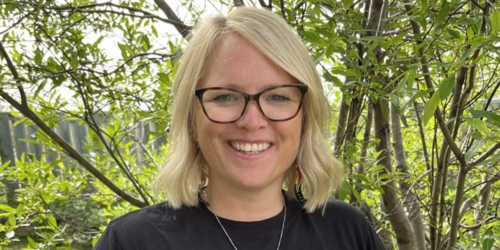What does it take to build a successful digital STBBI testing service?
January 15, 2026 • By Hsiu-Ju Chang and Mark GilbertAccess to testing for sexually transmitted and blood borne infections (STBBI) can be difficult for many people due to long travel distances, stigma, privacy concerns and lack of culturally safe services. Digital STBBI testing programs that let people request a lab form or self-collection kit online without seeing a healthcare provider are one way of overcoming these barriers. However, there isn’t a lot of practical guidance available about how to develop complex digital health services like these. The Digital & Sexual Health Initiative team at the British Columbia Centre for Disease Control (BCCDC) and University of British Columbia has tried...






